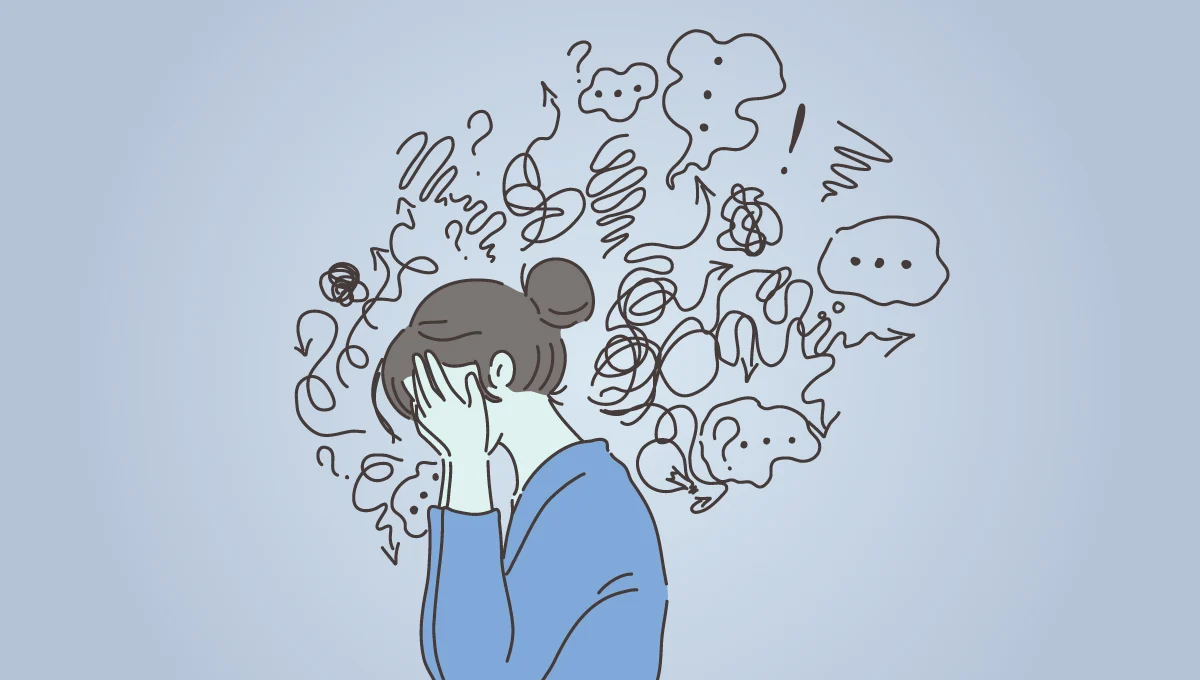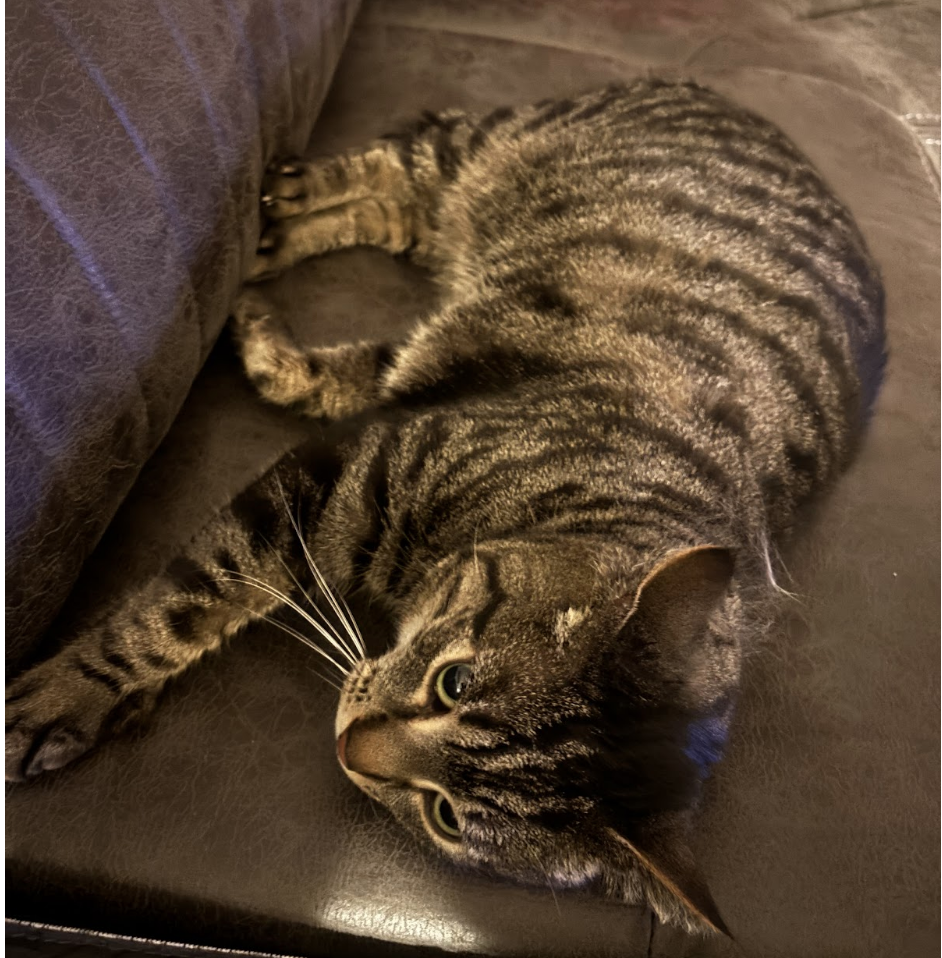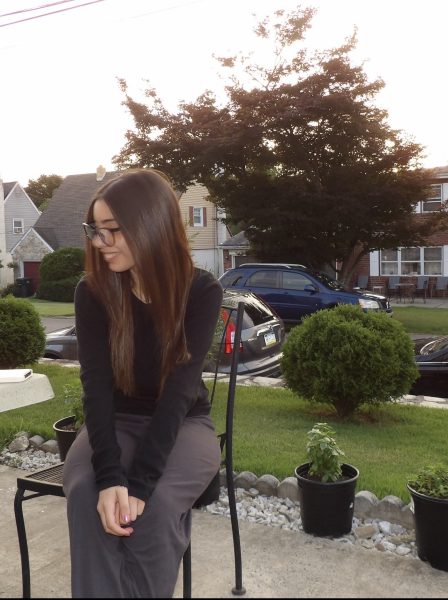Social media has reshaped the way we perceive the world, often leading to extreme levels of paranoia and anxiety. The constant stream of information, coupled with the viral spread of sensationalized stories and fear-inducing content, has created a culture of hyper-awareness and over-analysis. From health scares to conspiracy theories, excessive use of social media only amplifies concerns, feeding into our innate fears of the unknown. As a result of this, we find ourselves constantly second-guessing ourselves and worrying about every aspect of our lives, from the products we use to the places we visit. Instead of living in the present and embracing life as itself, we’re increasingly caught up in an endless pursuit of seeking reassurance and validation, ultimately sacrificing our peace of mind.
Although it’s not a myth, information circulates the internet that plastic cutting boards contain bacteria and can cause infertility in women. Similar to this, no one wants to use wood cutting boards because they are sealed together by “plastic glue,” and stone cutting boards because they “can cause kidney stones due to their mineral composition.” While it is true that different cutting board materials have their pros and cons, the risk of infertility or kidney stones from using them is highly exaggerated. Proper cleaning and maintenance of cutting boards, regardless of material, are more crucial for food safety than the material itself.
Likewise, many people are concerned about the health implications of drinking from plastic bottles due to the potential ingestion of microplastics. Similarly, some worry about lead poisoning from drinking from certain types of mental containers like Stanley cups. The presence of microplastics in water is indeed a concern, but the health impact of occasional exposure from drinking bottled water is minimal compared to other sources of microplastic ingestion, like food packaging. As for lead poisoning from metal cups, it’s only a risk if the cup is damaged or improperly coated.
With that being said, the moral of the story is that we shouldn’t care as much as we do. Social media, news outlets, and even personal interactions often magnify many different concerns, leading us to believe that every minor decision could have catastrophic consequences. As a result, we find ourselves caught in a cycle of overthinking and anxiety, constantly second-guessing our choices and fear the unknown. This hyper-awareness of every little detail prevents us from fully engaging with life and enjoying the present moment. We get so caught up in trying to avoid any possible dangers that we forget to enjoy the spontaneous moments life offers. While it’s natural to want to make healthy choices, it’s essential to approach concerns about minor inconveniences with a critical eye and rationality. By focusing on evidence-based information and prioritizing larger health and environmental issues, we can live healthier, more balanced lives without being consumed by unnecessary worries








